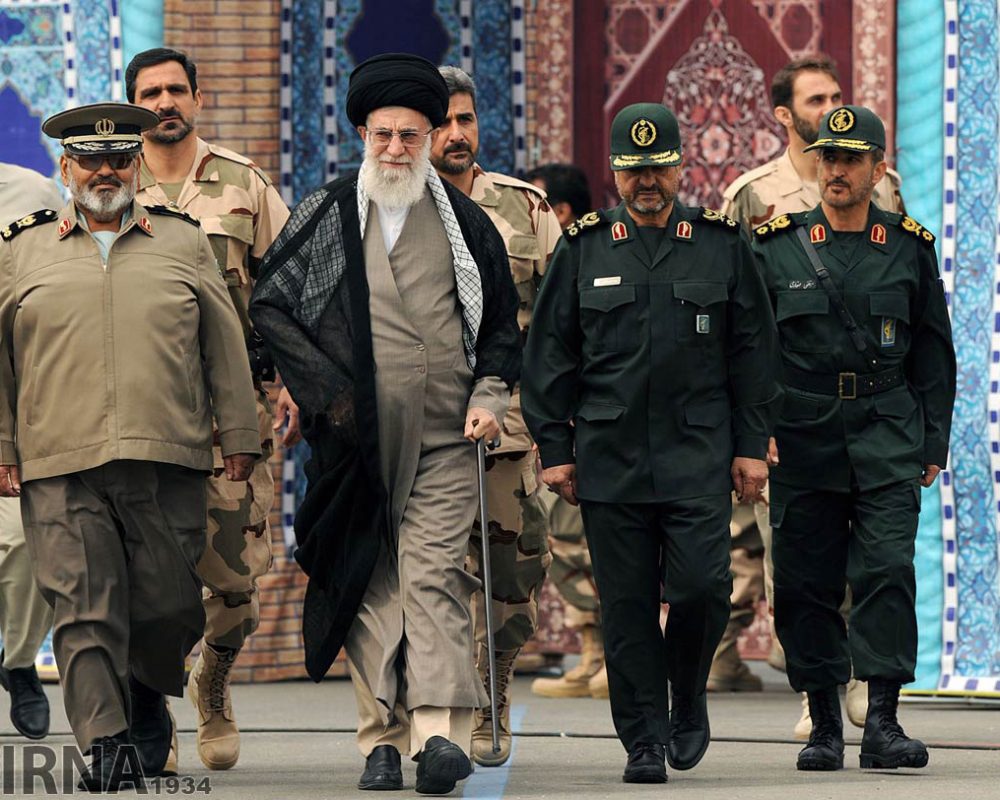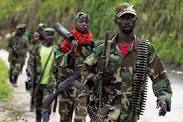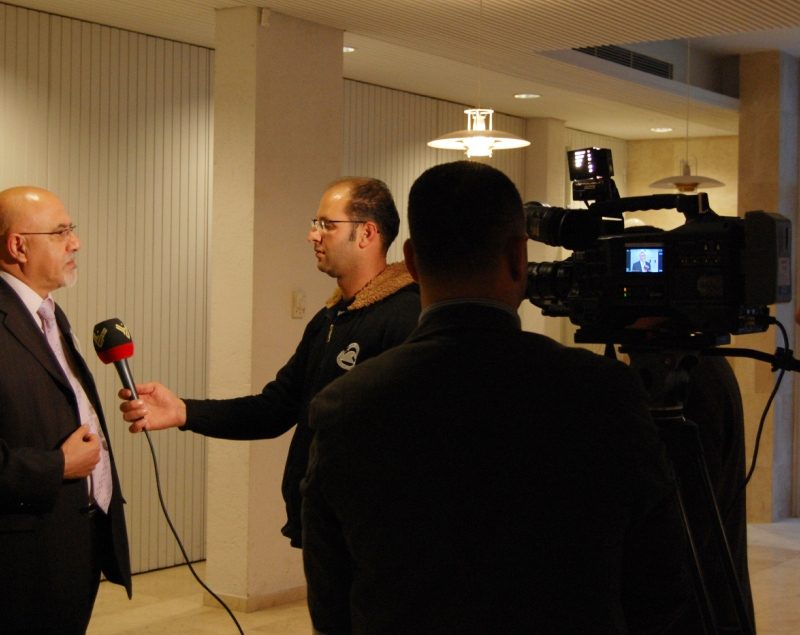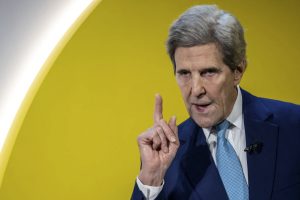An earlier article defined and classified various strategies for combating both boycotts directed against Israel other kinds of hostile activity. Not discussed, however, were questions about who or what bodies should be implementing which strategies.
Such questions have become more acute, now that the Israeli government has designated substantial means for defending Israel from boycotts. We shall consider these questions after briefly reviewing the range of available strategies.
Kinds of Strategy
Up to now, most of the anti-boycott activity has been basically defensive. It assumes that Israel can be vindicated by providing relevant information. Either one complains that the anti-Israel activists are misrepresenting reality, by lying or omitting relevant facts or whatever. Or one complains that there are other countries that obviously deserve to be targeted in the alleged respects, but Israel alone is picked out for criticism and attack. Both strategies fall under the rubric “It’s not fair!” They are so familiar as to need no further elaboration here.
Unfortunately, such strategies are of limited utility: they work only with institutions that are obliged to be fair. Thus misleading reports in foreign media can be combated if those media are committed to standards of fair reporting. Likewise, foreign governments and parliaments can be held to standards laid down in their own legislation. Much excellent work is being done in both regards, often by organizations making the most of limited means (see the list in the earlier article). This sort of work is also essential for keeping Israel’s friends on board, reassuring them that the accusations against Israel are undeserved.
Regarding the anti-Israel activists themselves, however, defensive strategies are ineffective. These people have no intention whatsoever to be fair; they treat information offered on behalf of Israel with derision. To deter them and drive them off, one must use strategies that fall under the rubric “This is going to hurt you more than us!” There are at least five ways of making such people feel uncomfortable and even miserable, as we shall see. Four of those strategies were already detailed in the previous article and here we shall add a fifth: Delegitimization. Let us review them, each in turn.
- Lawfare. We are all familiar with Lawfare as misuse of the law to attack Israel, such as attempts to ambush Israeli officials with lawsuits in foreign countries. However, the pioneer in the study of Lawfare, Charles Dunlap (2001) insisted correctly that the term has to be defined more generally as “the use of the law in the pursuit of war.” That is, Lawfare has its proper uses as well as its anti-Israel abuses. France, despite its complicated relationship to Israel, deserves credit for introducing anti-boycott legislation already in 2003, under which various assaults on Israel and Israeli products have been prosecuted successfully. Now the United States, including many individual states, and the United Kingdom have followed suit. But even without laws specifically banning boycotts, existing laws in many countries provide opportunities to punish anti-Israel activists, as the Israeli organization Shurat HaDin has shown.
- Counter-Boycotts. The previous article gave examples of how boycotters were quickly defeated by a boycott directed against them (as, for instance, by customers of a Swedish supermarket chain that decided no longer to stock Israeli products). Most conveniently, many boycott initiatives include the publication of comprehensive lists of people who have signed on to the boycott, telling us all whom to retaliate against. Regarding anti-Israel activities on campus, there is an organization, Canary Mission, that is patiently compiling a prosopography (a comparative biography) of those activists – whether teachers or students – on campus after campus. Canary Mission does not overtly call to make the lives of such people difficult, but it certainly facilitates counter-boycotts. It has noted with satisfaction cases where students decided to leave anti-Israel groups and delete all reference to them from their résumés, for fear of harming their prospects of employment.
- Delegitimization. Why just complain about the unfair delegitimization of Israel and Israelis? The offenders, too, can be targets of delegitimization. Indeed, this is one offensive strategy that has frequently been used. For instance, a list of filmmakers calling for boycotts of Israel was widely derided as consisting mainly of obscure backstage technicians and only two well-known names. (The list was, on the other hand, most useful for counter-boycott purposes, as every film today ends with scores of credits in which all those obscure individuals are included.) Academics can be derided if – as is often the case – they belong to low-level institutions that issue degrees with comical titles; unfavourable reviews of their publications can be sought out and made widely known. When some performer calls for a cultural boycott of Israel, a list of far more famous performers who have appeared in Israel can be produced, letting one deride the obnoxious individual as a second-rate sideman or has-been who is desperate for publicity. And so on.
- Digging up Dirt. Just as antisemitism is a symptom of sick individuals, anti-Israelism is frequently a symptom of institutions that are infected by corruption or even in a state of terminal decline. So one strategy, when an institution goes on an anti-Israeli track, is to start investigating what else is wrong with the institution and attack it from that angle. If this is done often enough, moreover, institutions will get wary and hesitate to become anti-Israel in the first place, for fear of attracting unwelcome attention.
- Self-Harming. Anti-Israelism is not just a symptom of declining institutions, it can also accelerate the decline. Consider those churches, like the PCUSA, the United Church of Christ and the British Methodists, whose foolish leadership has endorsed boycotts directed at Israel. They were already losing membership year in, year out. There were already frictions between individual parishes and the haughty hierarchy. Instead of begging their leaders to leave Israel alone, they can be told: “Your agitation about Palestine brings the Palestinians no benefits and leaves Israelis unaffected; you merely increase dissention in your parishes and encourage fresh defections. You are engaged in pure self-harming.”

Who Should Do What?
Until recently, the greater part of anti-boycott activity was carried out by private initiatives whose scarcity of funds was matched by tireless devotion to the cause. This author recently visited one of those organizations, which has created a valuable archive on the internet and whose interventions have had a real impact in foreign countries. When he expressed appreciation of so much achieved in such small premises, he was told: “We could move to a larger office, but we prefer to use the money on an extra researcher.”
All this could be changed by the Israeli government decision (June 2015) to allocate 100 million shekels to combating boycotts. The private organization just mentioned, for example, could do fresh wonders with a small fraction of that sum.
So there are two principal questions. What activities are best carried out by government itself and what are best delegated to private organizations? And should organizations specialize in particular strategies or can a given single organization draw upon all the available strategies?
The answer to the second question is a simple one: organizations have to specialize because certain combinations of strategies cannot be pursued without embarrassment. In particular, one and the same organization can hardly both plead the unfairness of boycotts and simultaneously pursue counter-boycotts; these tasks have to be separated.
Thus, in particular, government officials should rarely be involved in counter-boycotts at all. Of course, they are entitled to refuse to meet people involved in anti-Israel activity and, if the case is persuasive enough, to refuse them entry to the country. But these are rights of the government officials anywhere.
This does not mean, however, that government cannot foster counter-boycotts indirectly. For instance, government can compile and publish accurate data on who is involved in boycotts, leaving it to others to use the data as they please. In the case of the Swedish supermarkets, as the earlier article noted, the Ambassador of Israel merely informed all the locals on his mailing list, who then took the matter into their own hands. This case provides the model.
Government can also take a lesson from several European governments, which allocate funds to church-based and humanitarian organizations that, according to their names, are engaged in relieving worldwide famine, poverty and disease. These organizations, as NGO Monitor has widely documented, then pass on immense sums to NGOs that have nothing to do with those noble aims but are agitating politically on behalf of the Palestinians. Likewise, Israeli government money could trickle through one or more cut-outs to organizations that do what government must abstain from.
Digging up Dirt is basically a similar case. An exception might be if personnel within the hostile entity volunteered to supply information to government representatives. Yet in this case, too, government may be on firmer ground if it passes the information on to others who know how to exploit it. It can also find ways to finance those who are engaged in researching the inner workings of hostile entities, as any such project may require a year or more in order to figure out what is going on.
Self-Harming, on the other hand, is a strategy that purports to rescue a hostile entity from self-destruction by weaning it off its anti-Israel agenda. So anyone can use it and those public officials who are well-trained in adopting hypocritical stances might be as good at it as anybody else.
Delegitimization permits greater flexibility. That a person maligned responds by attacking the credentials of the maligners is often regarded as only natural. The same indulgence is accorded to the official representatives of a maligned country.
The most important point about Lawfare is that it is necessarily expensive. Cases may go to appeal and thence to a Supreme Court, so they can go on for years with expenses piling up. They may be won, but without refund of costs. Or they may be lost on a technicality, with costs awarded to the accused. Lawfare is thus eminently a matter for government finance, since government can afford to take losses that would bankrupt private organizations.
Still, the pursuit of justice in the courts of a foreign country is rarely appropriate for government itself. Perhaps the way is for government to support the general budget of relevant private organizations on such conditions as: an organization must have a proven record of success and it should consult government lawyers before pursuing individual cases.
The author would welcome suggestions about strategies that he may have overlooked. But even if there be more, the above discussion may provide sufficient guidelines for discerning how and by whom they would best be employed.
Malcolm Lowe is a Welsh scholar specialized in Greek philosophy, the New Testament and interfaith relations.


































